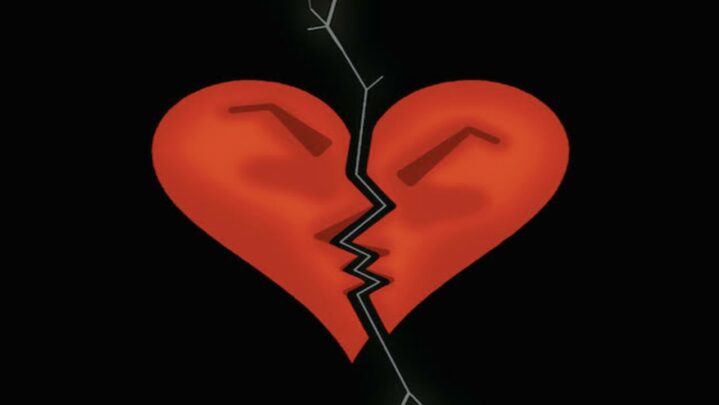The most common emotional trauma we experience in everyday life is rejection. The size of our immediate social circle or dating pool used to be a factor in our risk of rejection. However, because of electronic communications, social media platforms, and dating apps, each of us is connected to thousands of people, any of whom could disregard our posts, chats, texts, or dating profiles, making us feel rejected.
We are nevertheless subject to major and more damaging rejections in addition to these types of smaller rejections. Regardless of how big or tiny the rejection is, one thing is certain: it hurts, and it usually hurts more than we expect.
Romantic rejection is particularly difficult, especially for people who want to be in a long-term relationship. A breakup or rejection from a love partner can result in overwhelming feelings of loss that can endure weeks, months, or even years. Soon after a breakup, rejection in a romantic relationship can change how you see yourself and your life.
In fact, emotional suffering is simply one of the negative effects of rejection. Rejections also affect our emotions and self-esteem, as well as eliciting outbursts of rage and aggressiveness, and destabilising our urge to “belong.”
Unfortunately, the most serious consequences of rejection are frequently self-inflicted. We call ourselves names, berate ourselves for our flaws, and despise ourselves. In other words, we wreak havoc on our self-esteem just when it’s at its lowest point. Despite the fact that it is emotionally harmful and psychologically detrimental, we have all done it at some point.
Self-inflicted injury is the most common kind of rejection. We wreak havoc on our self-esteem precisely when it is at its lowest point.
Keep reading successyeti.com.
Also Read: 7 Indian Web Series That Show Us True Meaning of Love





